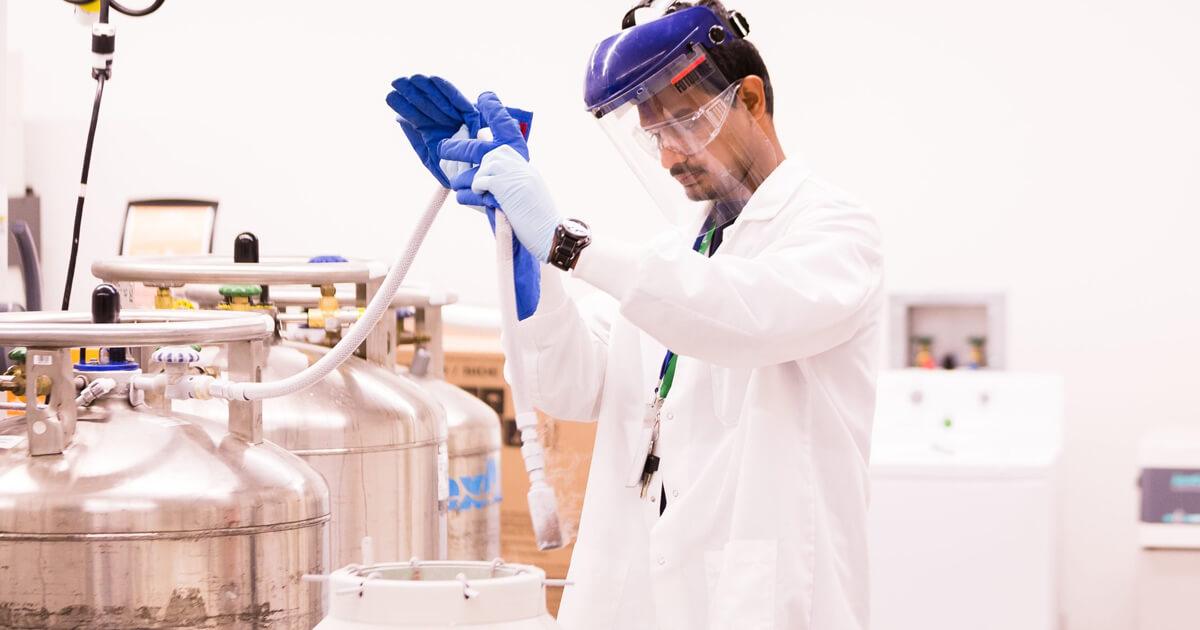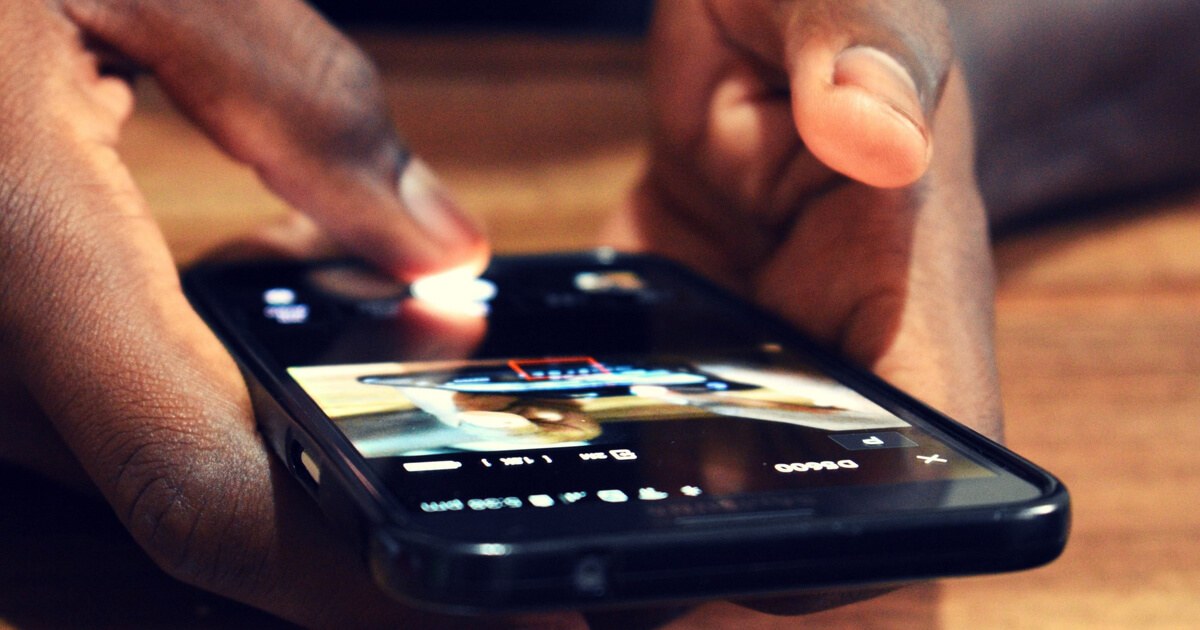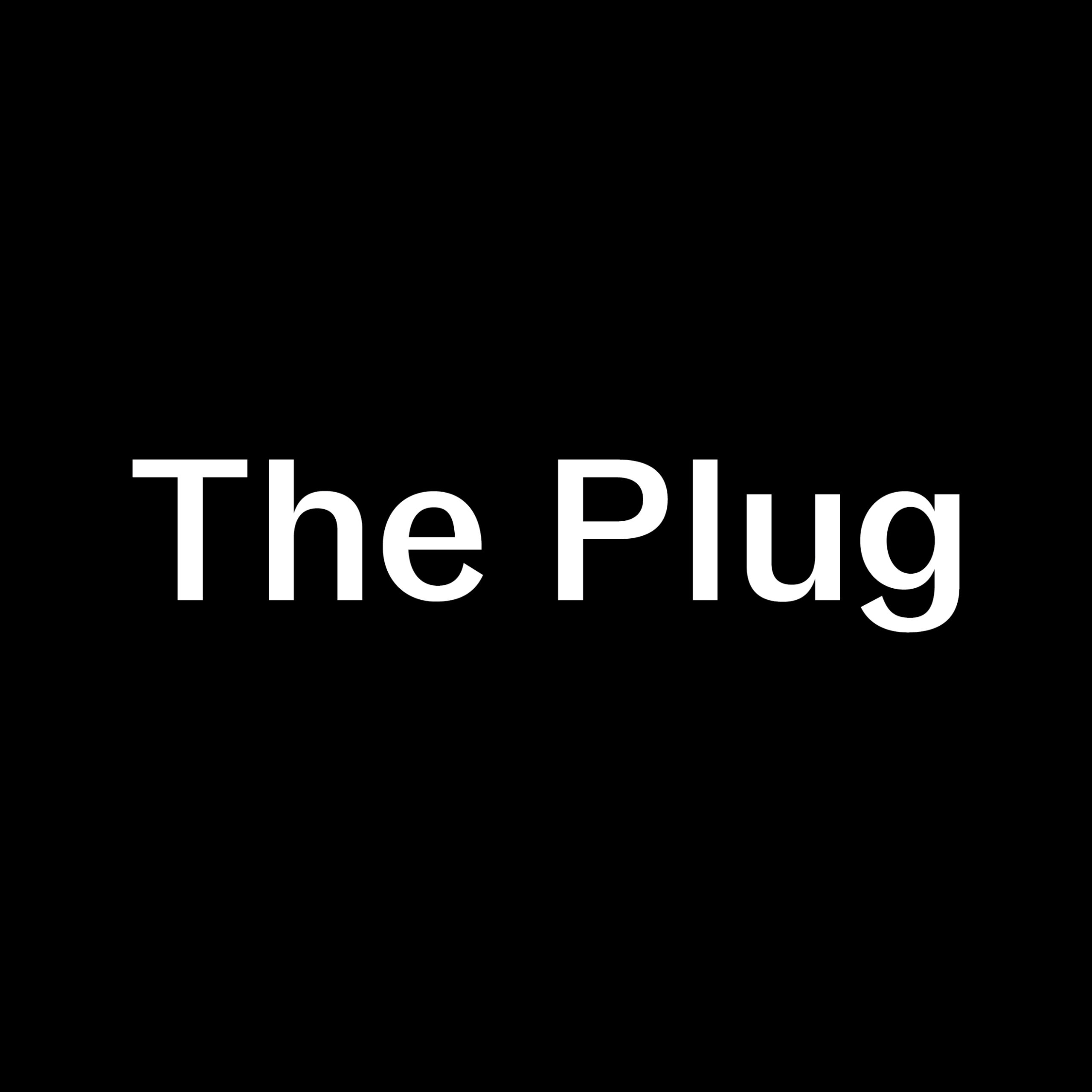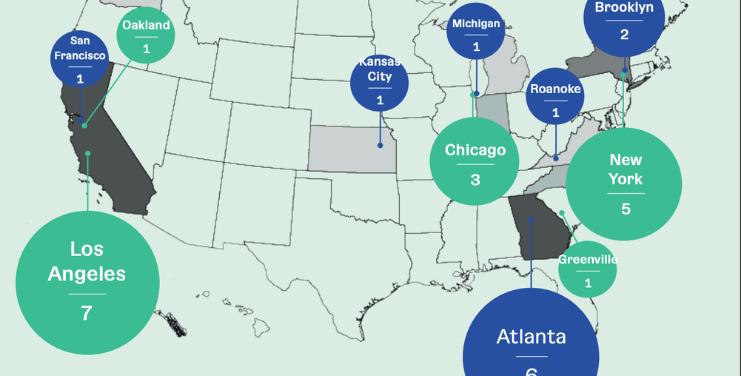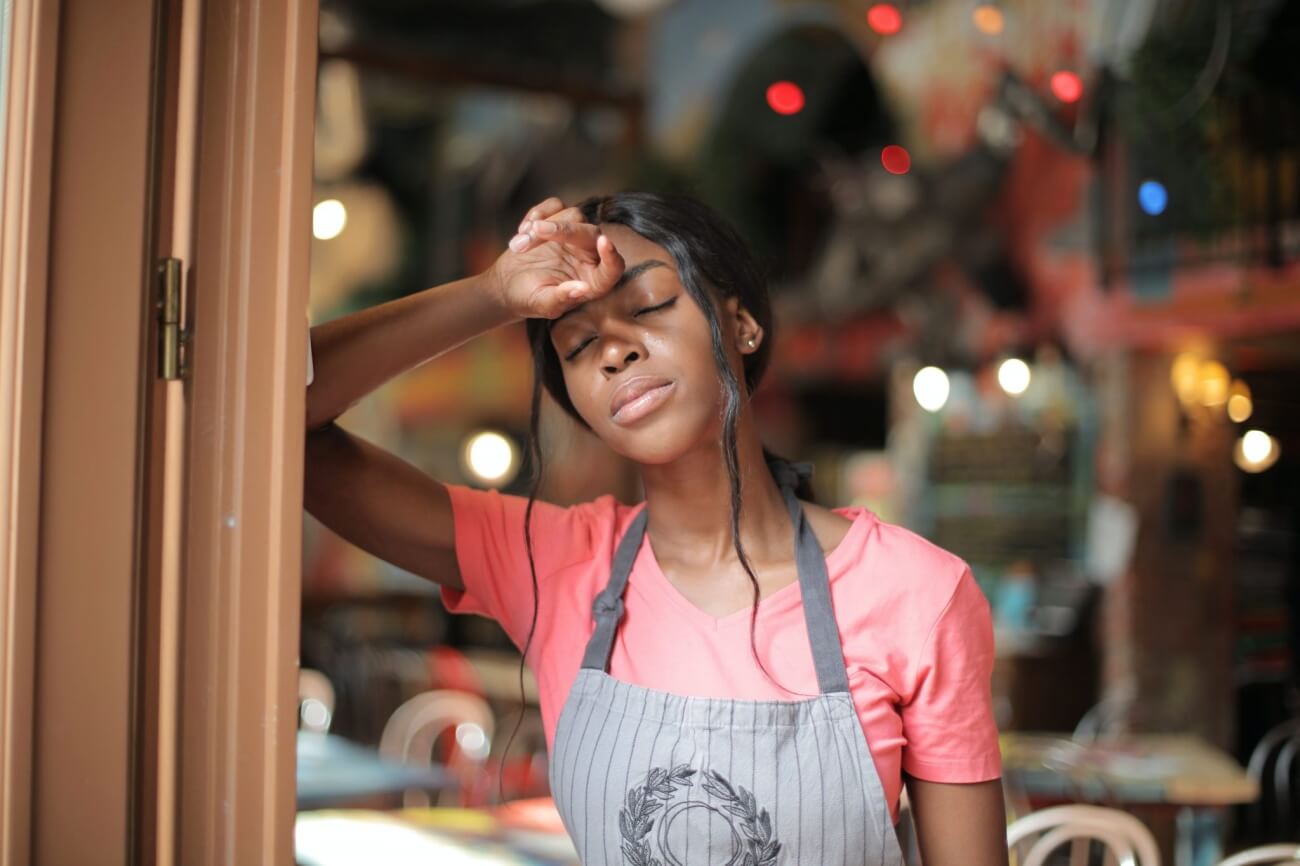Since 2019, historically Black colleges and universities have been granted nearly 100 patents, continuing the trend started more than a decade ago of creating and protecting their innovative research.
Two years ago, The Plug created one of the first comprehensive databases of all the patents that have been granted to HBCUs since 1978, finding that new intellectual property granted to HBCUs has been steadily climbing since 2010. We have revised and updated the database to incorporate the innovations from 2019 to today.
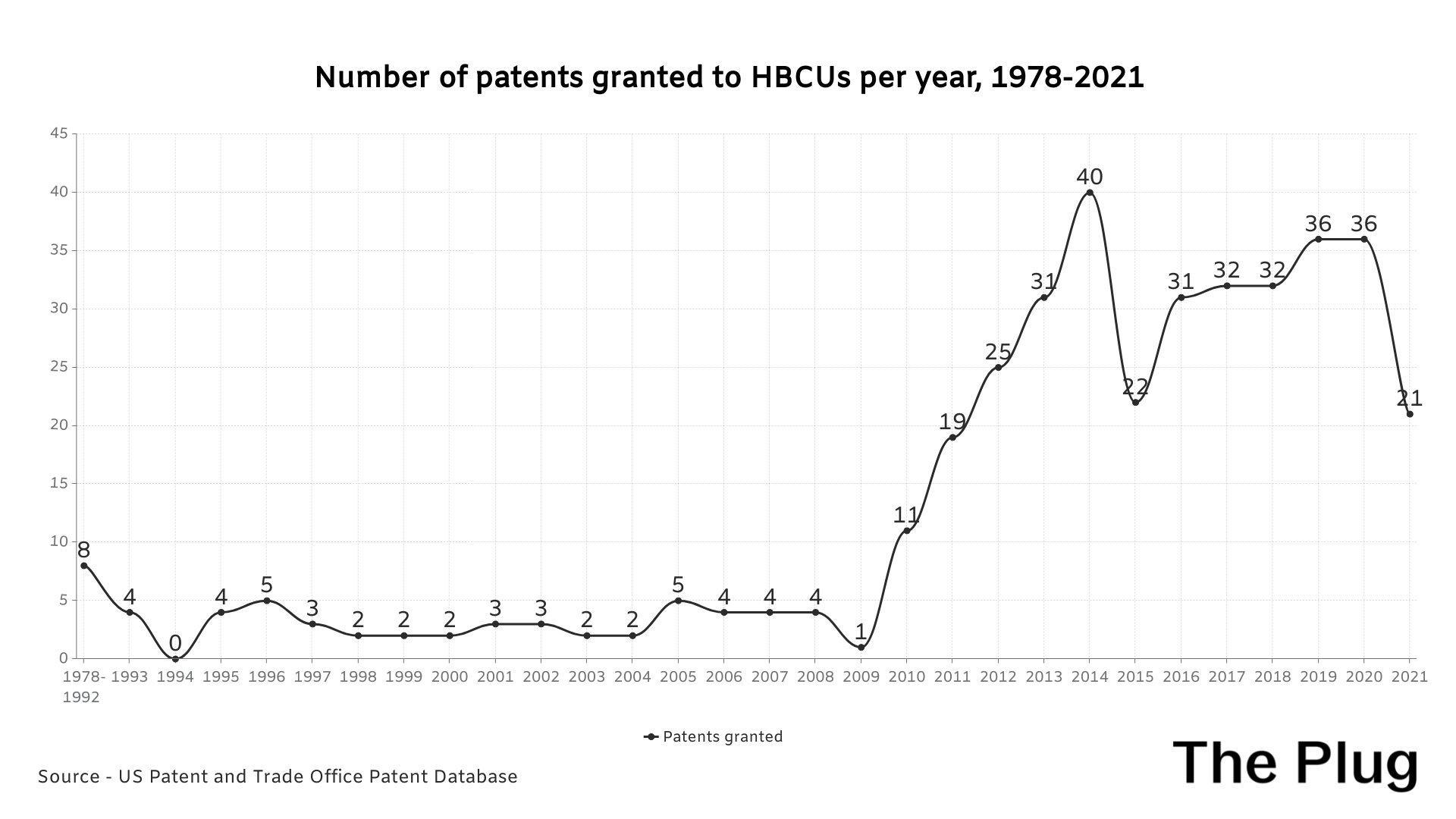
The new inventions range from a process created to separate and purify rare earth elements developed by researchers at Winston-Salem State University to scientists at Florida A&M University cultivating two new types of grapes.
In 2019 and 2020, HBCUs were granted 36 patents each year. So far this year, they have been granted 21 patents. Over the past four decades, HBCUs have amassed nearly 400 patents, with Morehouse School of Medicine having the most at 83.
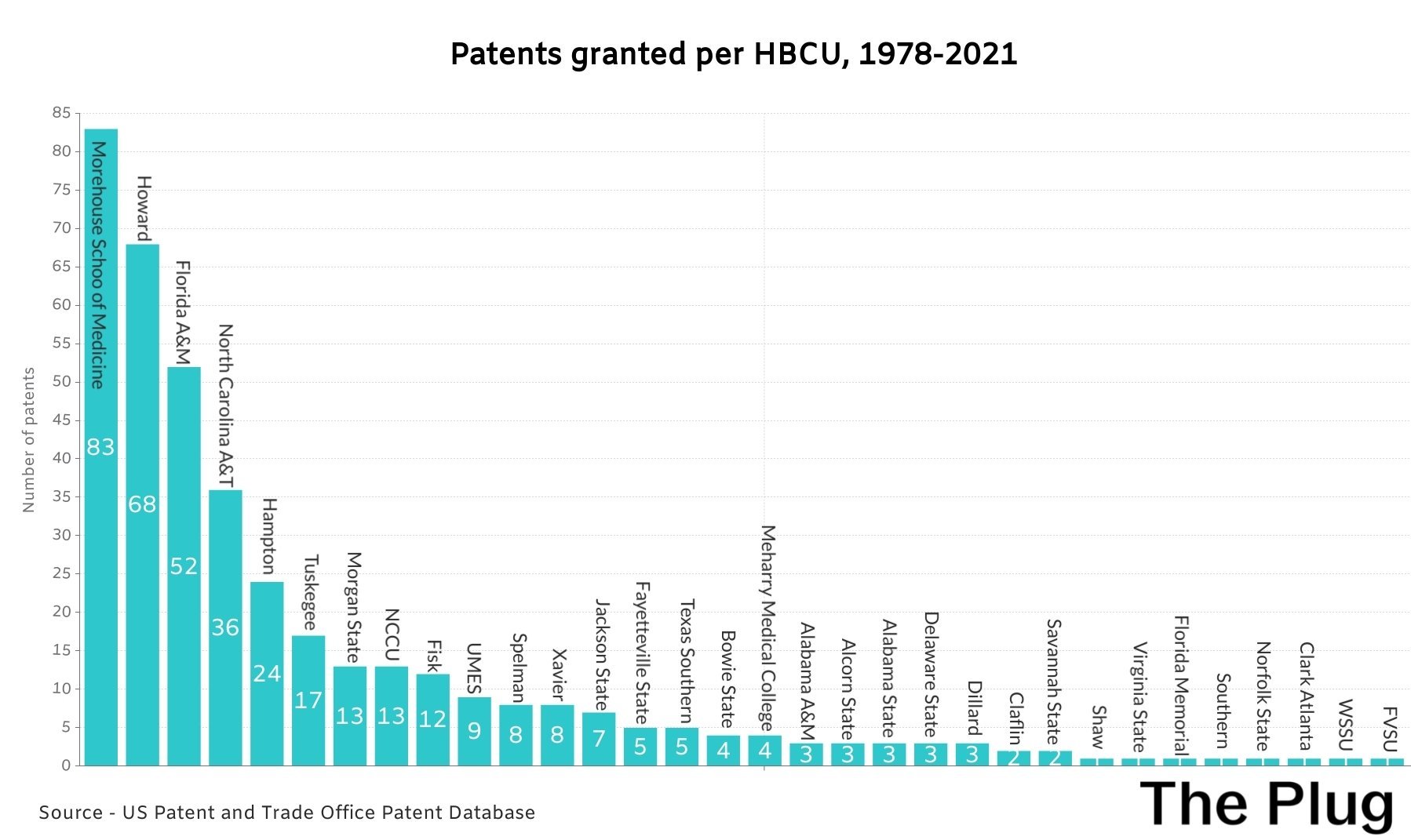
The vast majority of university patents are generated through the fields of medicine or science, areas few schools focus on. Similarly, medical schools and universities that focus heavily on the sciences are naturally more likely to be more prolific generators of intellectual property.
However, HBCUs produce fewer patents than larger, more well-funded primarily white institutions and university systems. In 2020 alone, the University of California system and Stanford University were granted 597 patents and 229 patents, respectively.
This disparity affects HBCUs ability to secure revenue from their research. Stanford was the largest single producer of patents of any university or college last year, receiving $114 million just in gross royalty revenue and equity from its technologies.
In the past few years, HBCUs have increased efforts to turn these inventions into businesses. Morehouse School of Medicine, Hampton University, Benedict College, North Carolina A&T University, Florida A&M University and Jackson State University are some of the schools establishing departments dedicated to helping their faculty and staff license their research to entrepreneurs looking to launch new products.
At least one of Morehouse’s patents was obtained in coordination with two industry partners and has resulted in a product that is currently on the market, an emergency response biohazard cleaner.
As HBCUs continue to develop new intellectual property and see an influx in philanthropic and corporate money, there is a growing need for them to protect that intellectual property and turn it into a revenue generator.
View and download our full HBCU patent database below.

